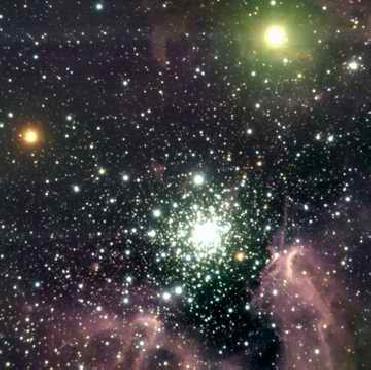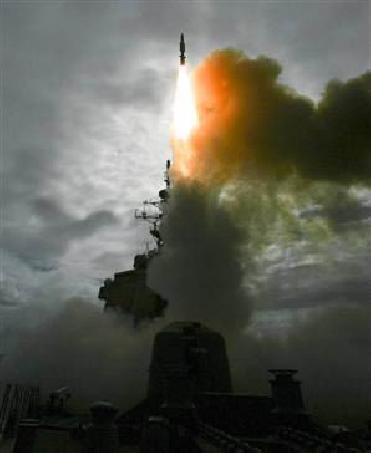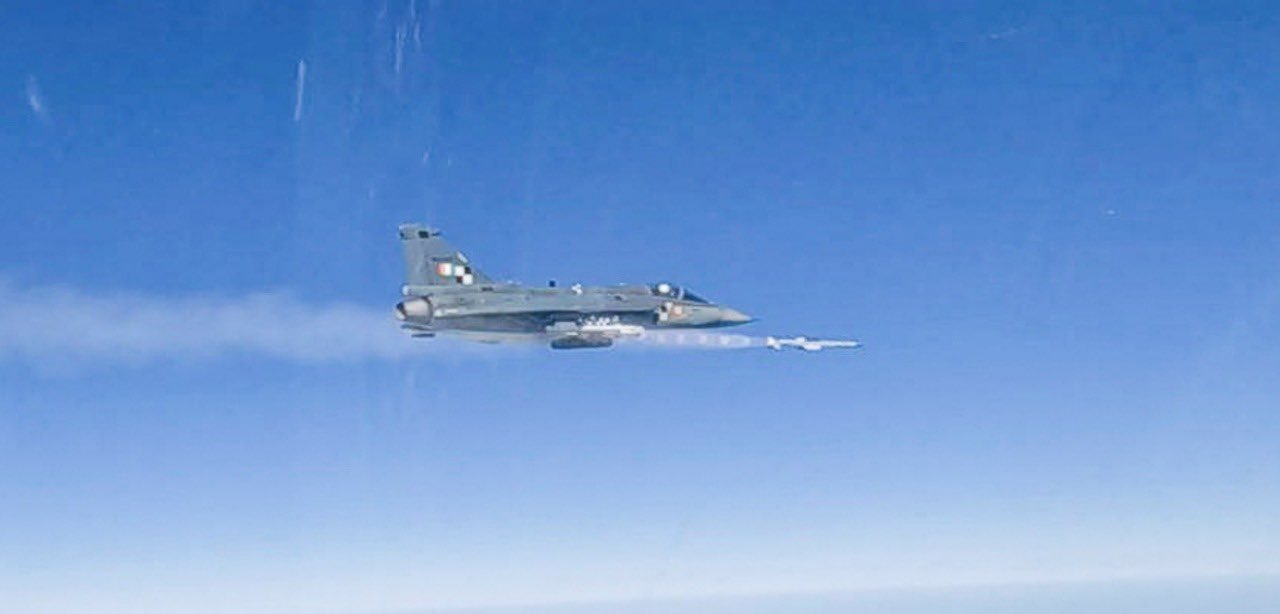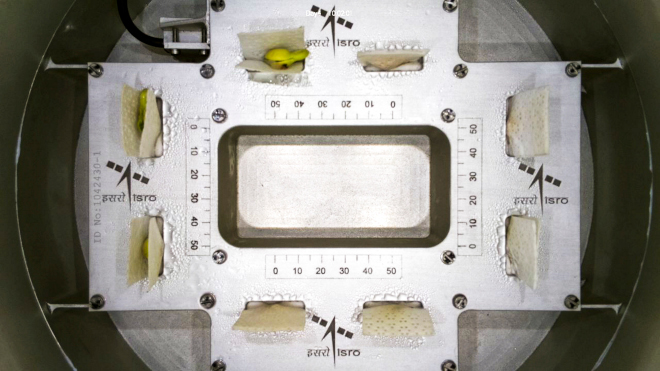
OTTAWA (BNS): An international team of astrophysicists has detected and 'weighed' the most massive star until date.
Theoretical models of stellar formation propose the existence of very massive stars that can attain up to 150 times the mass of our Sun. Until very recently, however, no scientist had discovered a star of more than 89 solar masses.
Now an international team of astrophysicists, led by Universite de Montreal researchers from the Centre de recherche en astrophysique du Quebec (CRAQ), has found and "weighed" the most massive star to date.
The Universite de Montreal graduates, Olivier Schnurr, Jules Casoli and Andre-Nicolas Chene, along with Professor Anthony F J Moffat and Nicole St-Louis, successfully 'weighed' a star of a binary system with a mass 116 times greater than that of the Sun.
According to the scientists, the massive star was waltzing with a companion of 89 solar masses, beating the previous record and breaking the symbolic barrier of 100 solar masses, for the first time.
Located in the massive star cluster NGC 3603, the super-massive star system, known under the name of A1, has a rotation period of 3.77 days. The masses were calculated by a combination of observations made with the SINFONI instrument, an integral field spectrograph operating on the Very Large Telescope on the site of the European Organisation for Astronomical Research in the Southern Hemisphere (ESO) in Chile, and infrared images coming from the Hubble Space Telescope.
NGC 3603, a prominent star-forming region in the Carina spiral arm of our Galaxy, the Milky Way, is about 20,000 light years from the Sun. Discovered by John Frederick William Herschel in 1834, NGC 3603 has an open cluster at its centre that contains approximately 2,000 bright and massive stars.
Scientists said that the stars forming the A1 system are so massive and bright that the light they transmit shows characteristics that only 'Wolf-Rayet' stars possess. "Within the context of this work, a binary system transmitting X-rays at a power almost never seen in our Galaxy was also discovered near NGC 3603-A1," scientists said.
A `Wolf-Rayet’ star is a hot, massive and evolved star exhibiting a very high loss of mass due to a strong stellar wind (similar to the solar wind).
 Previous Article
Previous Article Next Article
Next Article












The Indian Air Force, in its flight trials evaluation report submitted before the Defence Ministry l..
view articleAn insight into the Medium Multi-Role Combat Aircraft competition...
view articleSky enthusiasts can now spot the International Space Station (ISS) commanded by Indian-American astr..
view article